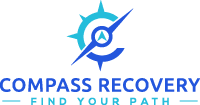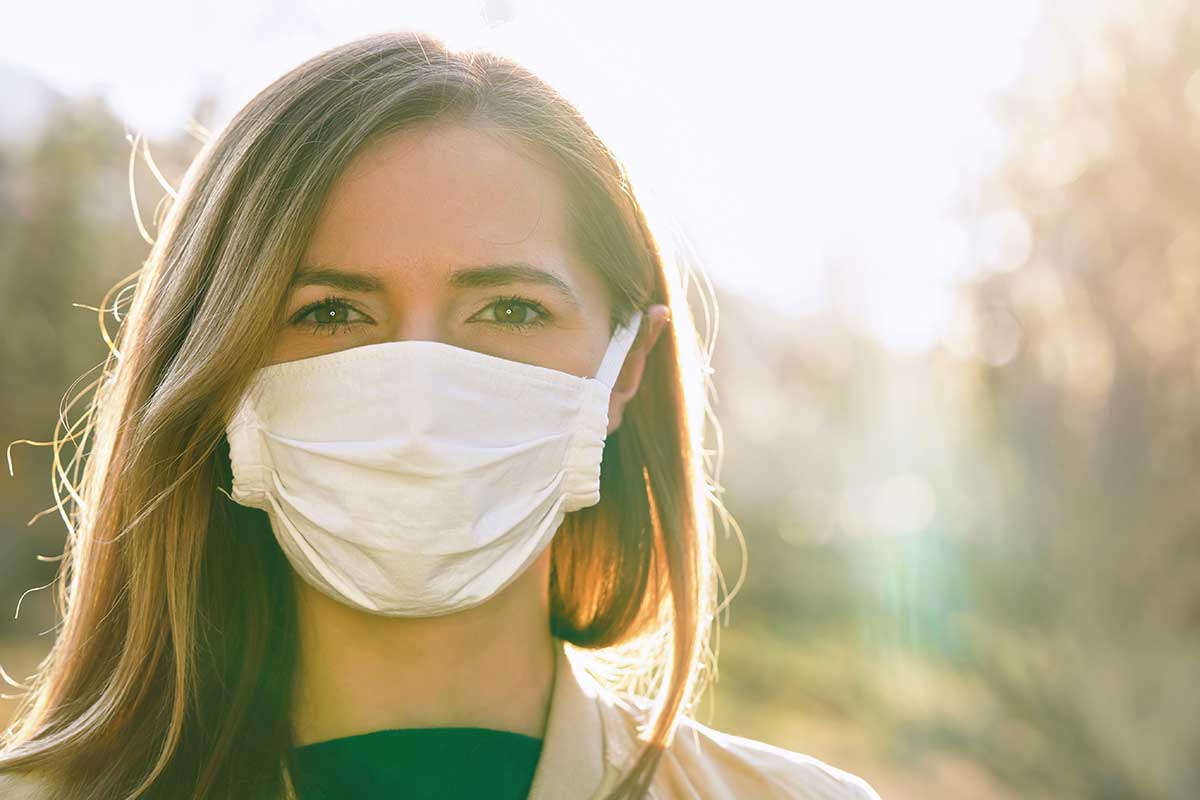When Covid-19 emerged as a serious threat last spring, in-person recovery meetings shut down abruptly as many businesses, churches and community centers closed to the public. I panicked when I received a text that my daily morning twelve-step meeting was closed “indefinitely.” My routine was upended and I suddenly felt like I had been set adrift at sea. Addiction is a fear-based disease, and fear certainly took over. Covid-19 was an unknown – we didn’t know if it would pass in a few weeks, or if this meant life was going to change forever. Soon it became clear that this new virus was turning into a deadly pandemic and that there would be no swift return to normalcy.
Alcoholics Anonymous, the original twelve-step recovery group, was founded in 1935. It has survived World War II, the Cold War, recessions and countless cultural changes. Alcoholics and addicts are a resourceful group of people. As the pandemic intensified, many meetings became virtual. Therapists and outpatient treatment centers also started offering online treatment. Many people, myself included, feared that a virtual meeting “wouldn’t be the same” and that our fellowship would collapse.
It has been over a year since our lives changed so drastically, but the recovery community endures. People in sobriety took the challenge of this pandemic and rose to the occasion. While venues may change, the message remains constant. Ultimately, all recovery fellowships operate under similar principals. Recovery is about connection, honesty, personal and spiritual growth, and service. Many recovering people found that they had valuable tools to help them deal with the stress and uncertainty of quarantine, including a built-in support network, a spiritual connection and healthy tools to deal with stress, anxiety, and depression.
Some people miss the physical closeness of in-person twelve-step meetings, although I have noticed strong bonds forming over Zoom meetings. It’s quite an experience to attend a Sunday morning meeting online with a woman in Australia who can’t sleep, a man in Germany looking for a midday reprieve, and people from all over the United States with their own valuable insights. Virtual meetings are a reminder that whatever your race, religion, socioeconomic status, age, or gender, people in recovery all deal with the same disease, the same loneliness, fears, doubts, and joys. And when we live in the solution, we can find strength and contentment in any situation.







